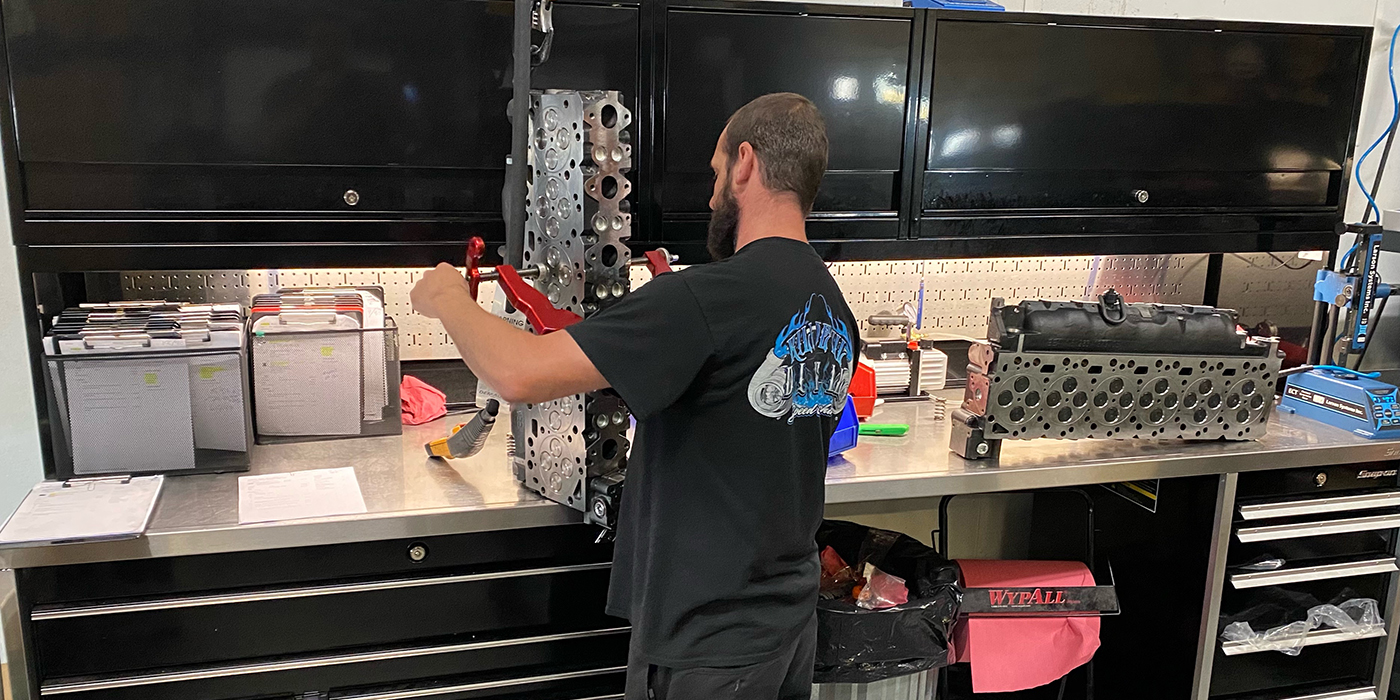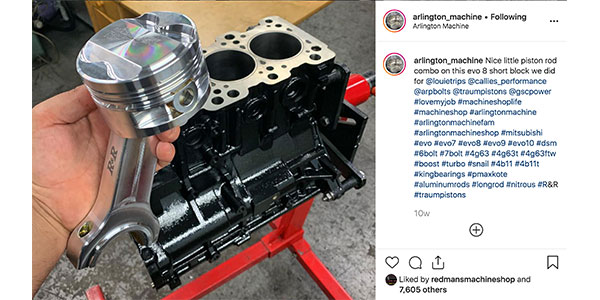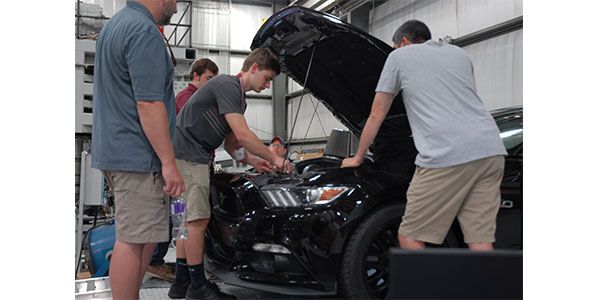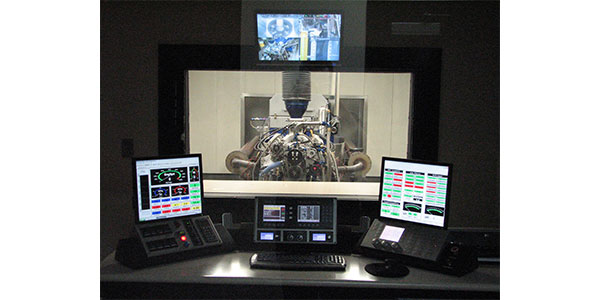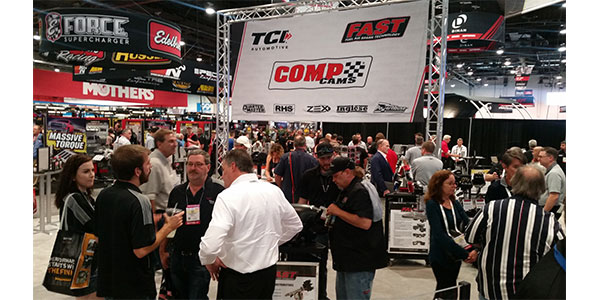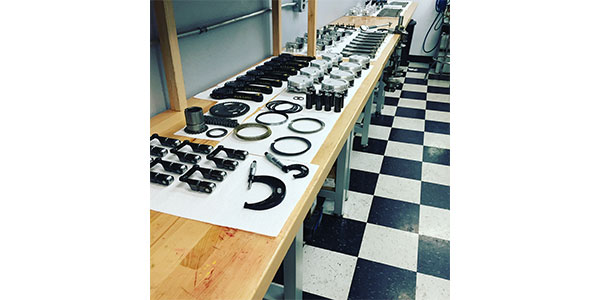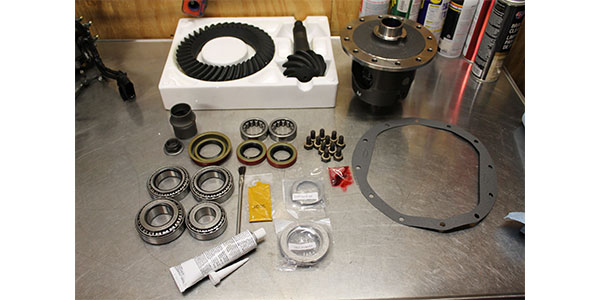Research conducted among our readership indicates that only about half of you have a shop website.
For those of you who haven’t unleashed the power of the Internet as a
shop tool, what are you waiting for? You already know that it’s an
easy, fast way to find the information and answers you need to help you
do your job, but it also can be an ideal conduit to connect with
customers and prospects. And, it allows them to come to you when it’s
convenient for them, and as often as they’d like.
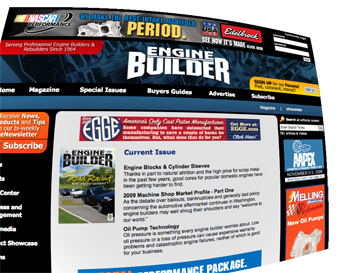 With the goal of providing you with ideas to create a content-rich, effective, user-friendly website, Babcox Research asked a sample of shop owner readers for their input on the topic. Some of those responses are listed below.
With the goal of providing you with ideas to create a content-rich, effective, user-friendly website, Babcox Research asked a sample of shop owner readers for their input on the topic. Some of those responses are listed below.
10 “Must-have” Features of a Shop Website
1. Service specialties. Use the web as a “billboard” to advertise
the repairs offered by your shop, highlighting those services in which
you specialize.
2. Ability to make appointments. Customers with busy schedules can
log onto your website after hours to quickly, easily and conveniently
schedule a repair.
3. Photos of shop/staff. A picture is worth a thousand words, and,
in this case, they can be the determinant of whether a prospective
customer will give your shop a chance. If they like what they see, you
may attract a new customer in an instant.
4. Professionalism. Announce your employees’ qualifications.
Promote their ASE certifications. Identify special tools and equipment
that allows your staff to build quality engines and do the job
right the first time.
5. Hours/days of operation, directions. Make it easy for your customers
to know the details about your business and how to get there.
6. Coupons/specials. Your website can be the perfect
platform to advertise seasonal specials, run coupons and get the word
out that you are working hard to earn your customers’ repeat business.
7. Community involvement. Detail the ways you’ve reached out to
others and are “giving back” to the community in which your shop
operates. Our business is a “people” business in more ways than one —
and consumers tend to do business with people they know and trust.
8. Seasonal maintenance tips. Complement shop-specific information that will help educate customers and
position your shop as an “expert” place to do business.
9. Customer appreciation letters. If you collect comments from
satisfied customers, use these word-of-mouth referrals as another way
to extend your message.
10. Question and answer feature. Your website can host a forum where
you can provide answers to customers’ questions for the benefit of all
visitors to your website. This section of your website can also feature
a shop owner blog/opinion section.
Jeff Stankard is Publisher of Babcox Tech Group Publications.



